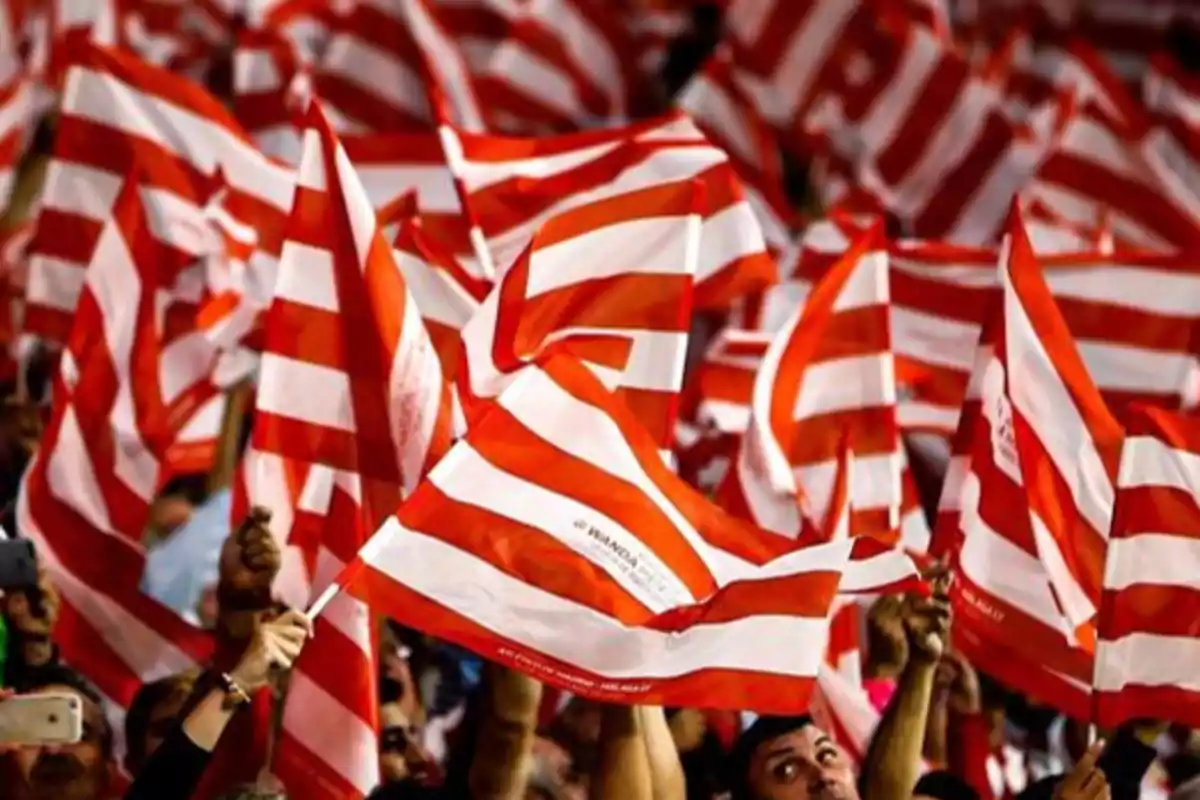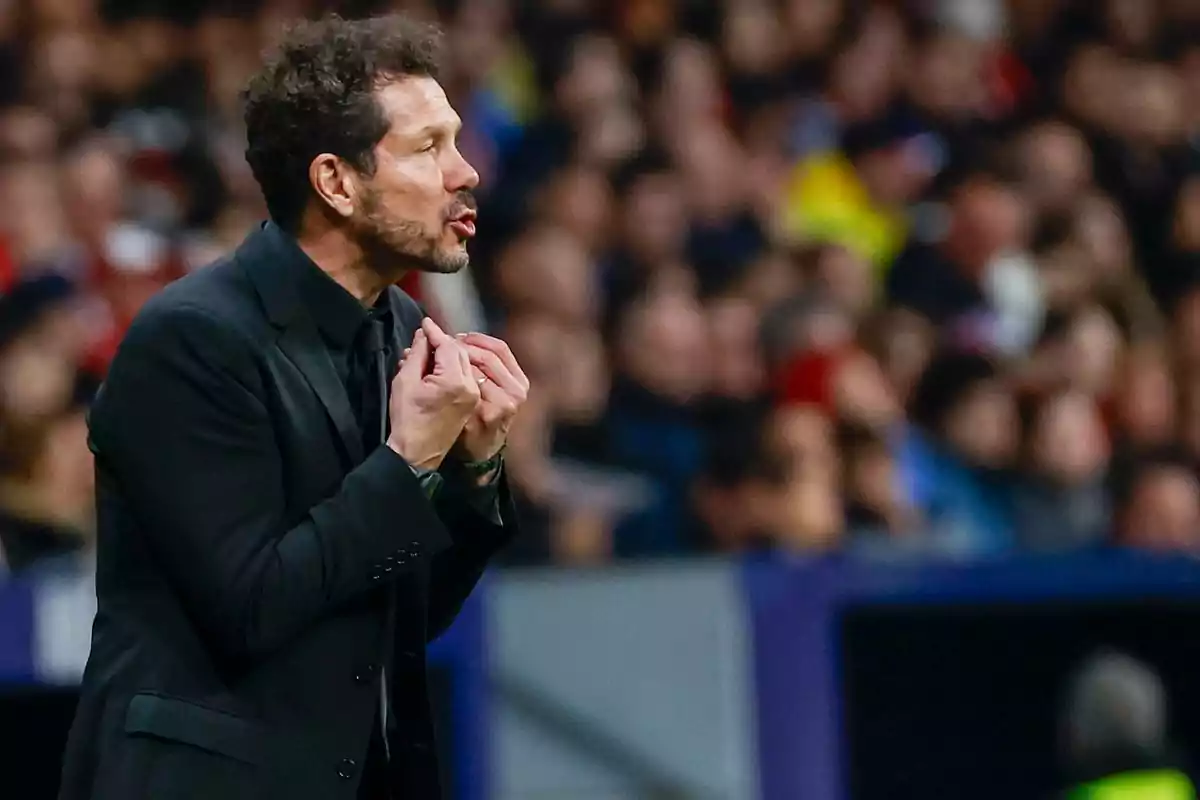There has been an uproar among the red-and-white fans in recent days and it seems that the more they complain, the less the governing body of football in Spain cares. LALIGA usually publishes the times of the matches three weeks in advance, but at Atlético de Madrid they 'already know' before they are officially published.
They say that on television the time slot between 9.30pm and 10.30pm is considered 'prime time' , that is, the time of day with the highest audience. Well, perhaps if I were Gil Marín, I would consider renaming it 'Atleti time', because the data reflects an overwhelming reality.

Data confirms story
Since last year, when you go to the stadium, there is one topic that is floating around in the air and it is: "another day that we play at 9pm". What at first seems more like just another statement, over the course of the days has been reflected in a surprising reality.
Of the next six matches, all six will be played at 9pm! Two of them are Champions League matches and it is understandable why they are scheduled at that time. However, with regard to LALIGA, the reality is even more shocking. In this 24/25 season, of the first ten rounds, Atlético de Madrid will play its match at 9pm or later.
It is often said that 'data kills narrative' but in this case the narrative could not be more consolidated with the data. It seems that LALIGA ignores the complaints of the fans and the club in this regard and decides to continue showing Atlético de Madrid at that time. As we have mentioned before, this is a trend that has been going on since last year.

Almost 70% of the matches start after 9pm
All this data is taken from our colleagues at @atletico_stats_ who have done a great job in this regard. And it is not just a minor issue, but 68% of last season's matches were played at 9pm or later . We are talking about 37 of the 54 matches played after that time.
If we focus only on the matches played at the Metropolitano: of the 27 home games, 18 were after 9pm and only two were on Saturday. As we can see, LALIGA, which is the champion of 'football belongs to the fans' when it receives external threats, does not demonstrate it so much with actions.
As it happens in these cases, the most affected are the fans, and coincidentally, the ones that are least thought of. The customer is more important than the fan who spends a salary to pay for the season ticket to watch his team year after year. Understanding that this is a business is fairly well established, but it is also important to find a balance with those who associate it with something more than just money.

